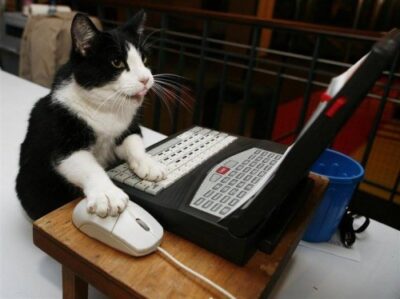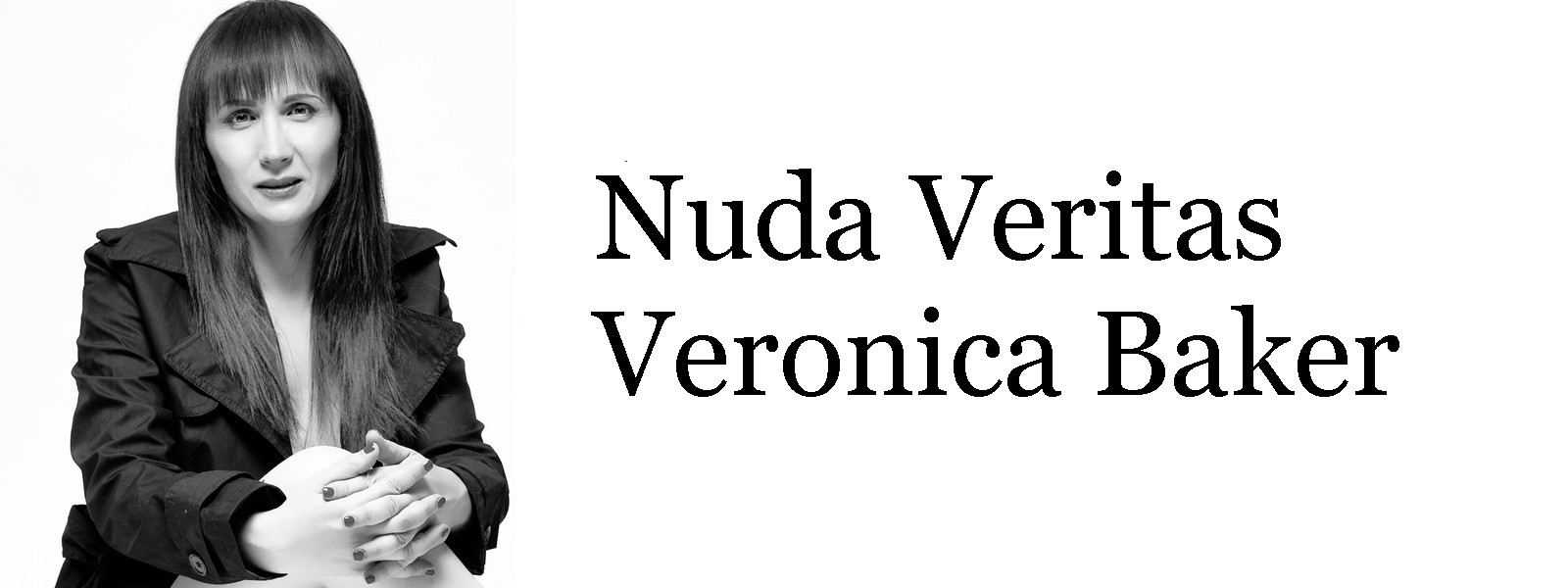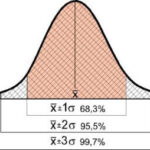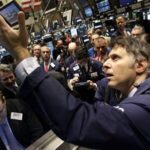December 26, 2024 Trading notes
Markets have always had price changes, bubbles and crashes.
Just think of the tulip bulb bubble in Amsterdam in the 17th century.
Only one major difference. A personal, independent and autonomous choice

Clicking Buy or Sell on your computer may not be beneficial to the community.
But the same is true of most things that are bought and sold.
Food and construction are two examples of industries that are tangible and necessary to everyone.
However, most of the goods that are bought and sold have no inherent practical utility.
An example is all luxury goods and high fashion.
The same goes for clothing that is worn only because it is fashionable or because others wear it (hats, ties, underwear).
Or the iPhone.
Here is the flaw.
The usefulness of a tangible good is judged solely by whether it is more or less in demand.
What is the difference between a small trader and a small entrepreneur?
The former runs his business completely independently.
The latter cannot.
Is the economy of your country collapsing ?
Are companies closing down one by one ?
Is unemployment increasing ?
For a trader, on the other hand, the problem does not exist, because if he or she has capital on hand, and especially if he or she has defended it, he or she can trade futures, stocks, currencies, and options all over the world.
It is very striking to the uninitiated that you can have a business that avoids 99 percent more practical problems than any other.
Technical, labor relations, organizational, business, tax, administrative, legal, and credit access than any normal business, professional, or manufacturing activity.
It is necessary to focus exclusively on the end result.
A trader always knows what he is doing and, more importantly, how he is doing it.
The numbers never lie.
It is a completely honest business, especially to yourself, which puts you on the line every day.
You cannot cheat – except in cases where you would also lie to yourself – and you do not need knowledge or recommendations of any kind.
Moreover, a trader who buys a future (take profit at x, stop loss at y, trailing stop at z) or writes calls or opens a short strangle is always using his own money.
What institutional traders never do.
And it is also true that they do not create anything materially.
There is no hiring : no need for staff.
There are no payments to technicians : only the cost of the Internet line and datafeed to receive real time data.There are no payments to suppliers : only the cost of the PC, video, keyboard and mouse, plus the software used.
There is no VAT, only capital gains, account fees, interest and of course commissions.There are no pension contributions : the funds used represent your pension or a partial repayment of it, and in any case it is always possible to build an alternative pension.
There is no renting of warehouses or offices: the office is usually obtained within the walls of the house and is moved according to one’s needs.
There are no meetings with clients and various postulants.
In contrast, in a “traditional” manufacturing business, you must first hire skilled workers, designers, and clerks, and use your ingenuity to create the product.
Then you must try to sell your goods at competitive prices and beat the competition.
People must like the product, and if it is exported, all relevant tax and customs issues must be resolved.
In addition, if the real economy collapses, the business will inevitably go under.
Not to mention the possible damage from popular uprisings, which would take years to be compensated by insurance companies and would inevitably stop production for a long time.
Certainly, this is a highly individualistic discourse.
Unlike other activities, in trade the individual is 100% dependent only on himself.
And it is a personal, independent and autonomous choice.
In fact, it is a choice to live in a different dimension from the reality that almost everyone else concretely experiences (there are very few similar professional realities).
Moreover, apart from the extreme cases in which large investment banks manipulate markets with black boxes programmed with high-frequency trading software, a basic principle escapes almost everyone.
Markets have always had price changes, bubbles and crashes.
Think of the tulip bulb bubble in Amsterdam in the 17th century.
In the beginning, discipline and willpower are not enough ; seed money is also needed.
However, this is necessary at the beginning of any activity.










